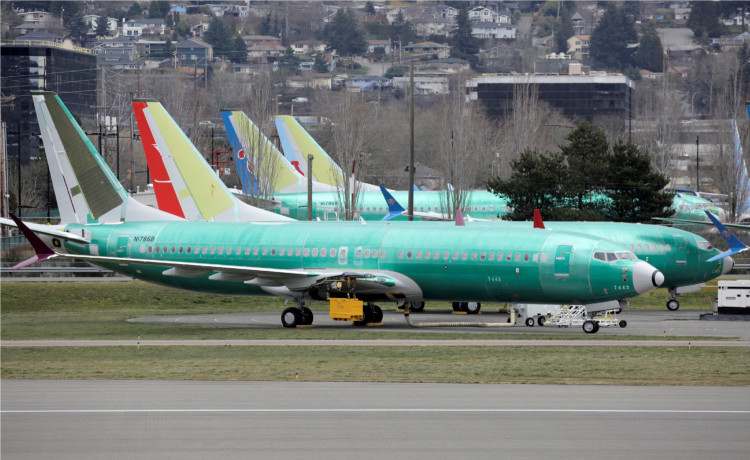Short-haul domestic flights, led by those in China, are spearheading a recovery in the international airline industry that has been battered by a fall in demand as a result of the COVID-19 pandemic.
The recent easing by China of travel restrictions has helped fuel this recovery, according to HSBC plc. Unlike their Western competitors China's airlines rely on local flights for the bulk of their revenue. Therefore, China's airlines are more likely to recover faster than those in the West.
Travel website Trip.com expects China's domestic travel to fully recover within the year. The main competitors to China's airlines are private cars and the railroads - which China's holidaymakers prefer for shorter trips. China's travelers making advance bookings are opting to travel for shorter periods, it said.
"Nevertheless, while the upturn in China air travel is lagging road travel, Chinese airlines are still ahead in the recovery compared with their American and European counterparts as they benefit from the recovery in domestic travel," Singapore-based asset-management company Eastspring Investments said.
The improvement in air passenger numbers, however light, led HSBC to maintain its "buy" rating on the Hong Kong-listed shares of China's "Big Three" airlines - China Southern Airlines Co. Ltd., the largest by passengers flown, China Eastern Airlines Corp. Ltd. and Air China Ltd.
Their share prices, however, have fallen this year with all three reporting first-half losses. HSBC expects those losses to narrow in the coming months with passenger growth supporting ticket prices.
The International Air Transport Association predicts international airline passenger traffic won't return to pre-COVID-19 levels until 2024 - a year later than previously forecast. Passenger traffic fell 86 percent year over year in June, IATA said in its latest report.
Demand for shorter flights is expected to recover faster than long haul, IATA said. China's carriers are leading this recovery, it said. At least eight China airlines, including the Big Three, have launched cheap, all-you-can-fly campaigns and collaborations to revive demand.
IATA said the total number of passengers in 2020 was expected to fall 55 percent year on year - worse than the 46 percent decline it forecast in April. It blamed "slow" virus controls in developing countries and in the U.S.
"Confidence-destroying, stop-start reopenings and demand-killing quarantine" by some countries is to blame, IATA Director General and CEO Alexandre de Juniac said. He encouraged "targeted and predictable" approaches to air travel during the pandemic.






